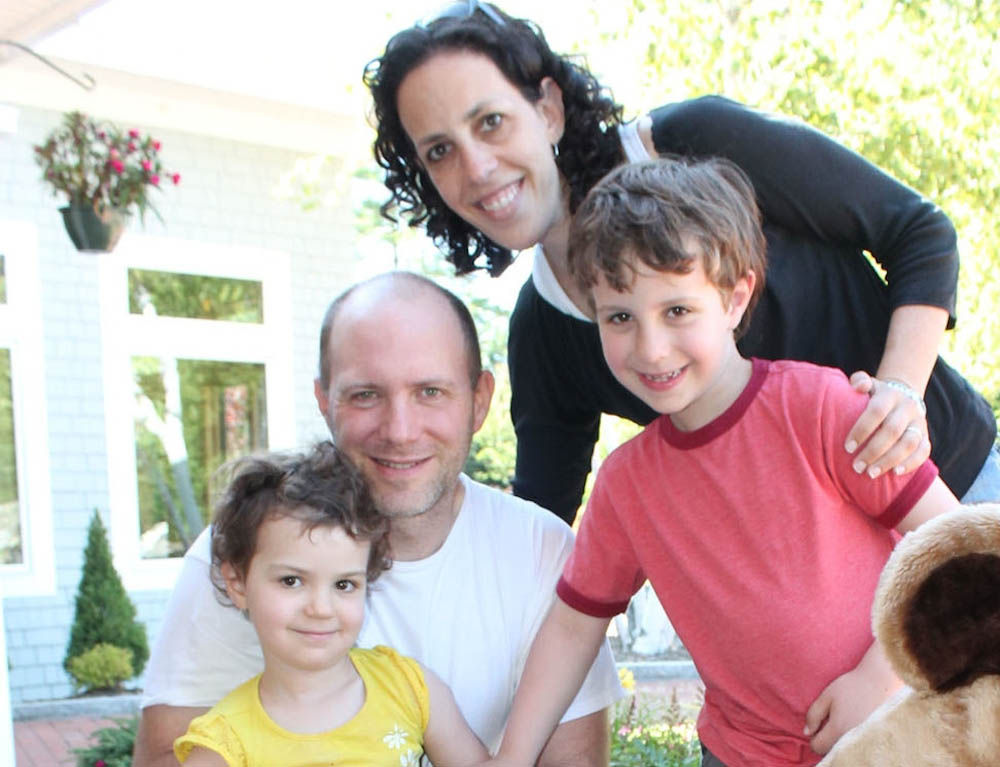By Valerie Graf

When our daughter, Ruby, was diagnosed with acute lymphoblastic leukemia (ALL) at one and a half years old, my husband and I were immediately transformed from working parents with two young children, to parental caregivers for a child with cancer. Between hospital stays, medications and appointments, there was so much to keep track of. It can be overwhelming at times, but there are ways to manage life after your child is diagnosed with cancer.
Settle into this new normal. It can be easy to stay in crisis mode when something like a cancer diagnosis interrupts your life, especially when it happens to your child. When you are able to move forward, even under extraordinarily tough circumstances, and accommodate time for your new obligations, it is easier to keep things consistent for you and your family.
Take advantage of technology. Ruby’s treatment consisted of three-week cycles of chemotherapy from January 2012 to February 2014. Her specific medication regimen changed from week to week. My husband and I shared a family calendar on our phones to organize medications, appointments, and to-dos. We also made spreadsheets to track her medications, and referred to this daily to assure accuracy with each medication dose.
Spend time as a family whenever you can. We wanted to reassure Ruby that cancer wasn’t the center of her life. When she felt well enough to spend time outside or in public, we made it a point to do normal things as a family. We met up with friends, went to parks, and attended Jimmy Fund events.
Create a routine for siblings. Routine helps minimize the abrupt changes a cancer diagnosis brings to normal life. My son, Evan, was four years-old when Ruby was diagnosed and we tried to keep his routine as consistent as possible. He was in preschool and involved in after school activities. He had play dates on weekends and looked forward to events held by the Jimmy Fund Clinic. My husband and I coordinated schedules so one of us was home with him as much as possible.
Explain cancer so the child understands. When Ruby was diagnosed, we told her that her body was sick and she needed to go to the hospital and clinic to get better. When we needed to go to appointments, or it was time for her medicines, she knew why. We also made it a point to give her as much control in her care as possible, including “helping” the nurses at the clinic, choosing the order to take her medications, etc.
Take help when it is offered. As parents, we sometimes try to do it all. We may feel uncomfortable accepting help from others, even when we need it. When Ruby was in the most intense part of her treatment, our friends and family made meals for us so we didn’t have to worry about cooking, they would walk the dog, and even watch Evan for us if we needed. It helped ease our stress tremendously, and it was great to be surrounded by love and support.
Valerie is a member of Dana-Farber’s Pediatric Patient and Family Advisory Council.

You guys are incredible parents.